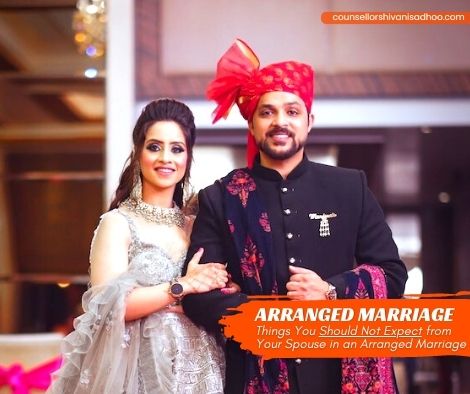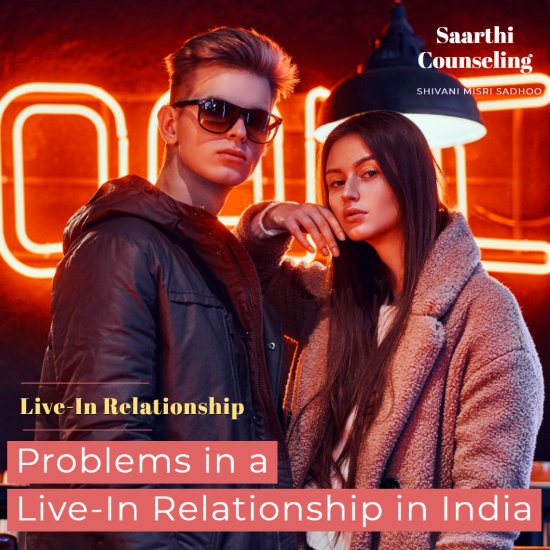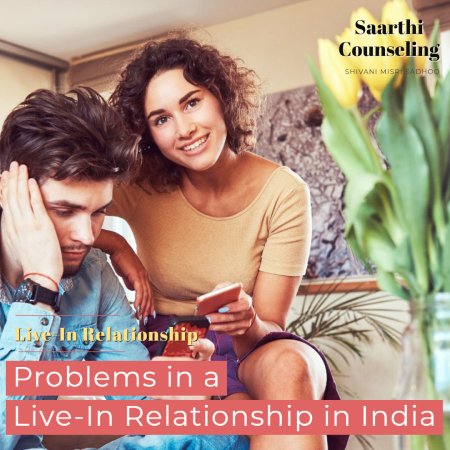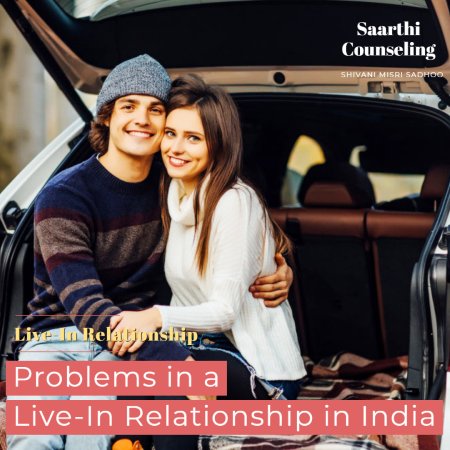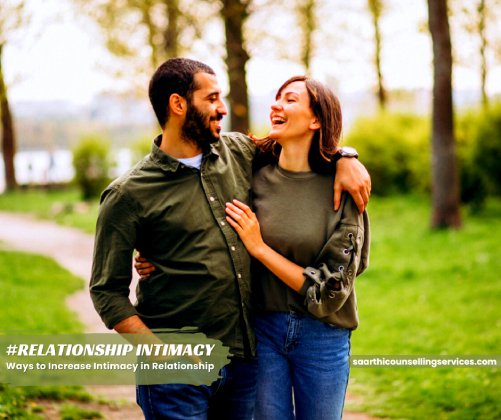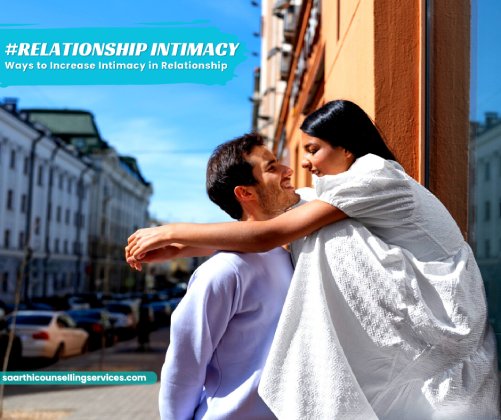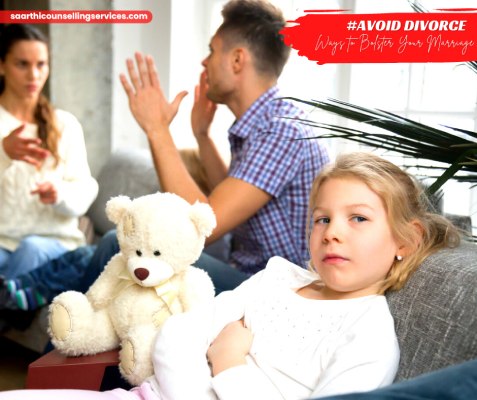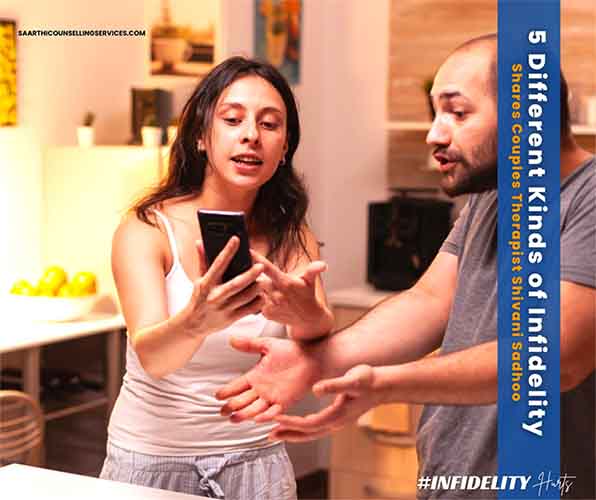Shares Eminent Marriage Counselor and Relationship Expert Shivani Misri Sadhoo
Opting for an arranged marriage? Taking the decision to marry someone is never easy. And more so when you are opting for an arranged marriage, things are not quite predictable. When you marry a person, you are in love with, you at least know that person albeit to some extent, and even the family in certain cases.
But if you marry an individual ‘arranged’ by your parents or others, you require to give things a little time and requires to discover your partner while already being in a conjugal relationship. There may be surprises (both good, bad, and ugly) in store for you each day and therefore, having pre-set expectations from your spouse might not be a wise idea.
Here are a few things you should not expect from your partner right from the first day in an arranged marriage as explained by India’s leading marriage counselor Shivani Misri Sadhoo.
Expecting your partner to give you more importance compared to his or her parents
Your partner has lived with his or her family all throughout the life and expecting them to give you the same priority, love, and attention right from the very first day of marriage is a bit unfair. It will take months to develop the same relationship with your spouse as they have with their family and hence, hoping to be given additional importance than the family is not a right expectation.
Falling in love with in-laws
You will expect your partner to have respect and care for your parents but do must not expect them to fall in love with your family from the moment you get married. Again, you fall in love with people post spending a considerable amount of time with them and when they too reciprocate your love and care. Forming a relationship with in-laws demands efforts from both sides and the complete responsibility does not lie on your partner’s shoulders solely.
Understand you straightaway from day one
When you got to know someone just a few months before your marriage, how can you expect him or her to know fully about your likes, and dislikes and understand your fundamental nature? You can just understand your partner better when you begin living under the same roof and share your moments of happiness and overcome hurdles and struggles together.
So, if you get easily disappointed by your spouse’s behaviour or specific habits, simply remember—Rome wasn’t built in a day. Give the person ample time to understand you better contrary to setting wrong expectations.
The period of courtship
The courtship period is certainly helpful to understand your would-be partner better, particularly, if he or she was chosen by your parents or other family members. But it does not mean you are the person to stay in constant touch with you round the clock.
You ought to understand that he or she may be busy preparing for the marriage or slogging it out at the workplace. Hence, focus on spending quality time with your contrary of messaging or calling them after every few minutes.
Friend circle
Your partner is not mandatorily to be as fond of your friends as you are. It is fine to have different perceptions about each other’s friends. What truly matters most is that you provide your partner with the space to spend time and enjoy with their friends and not judge them regarding their choices.
This write-up is not an effort to criticize arranged marriage concept. We have seen both arranged and love marriages have their unique pros and cons. Eventually, any relationship will only work if both partners are ready to understand each other and be there with them during good and bad times. Besides any good relationship requires love, honesty, compassion, and sacrifices to become successful.

